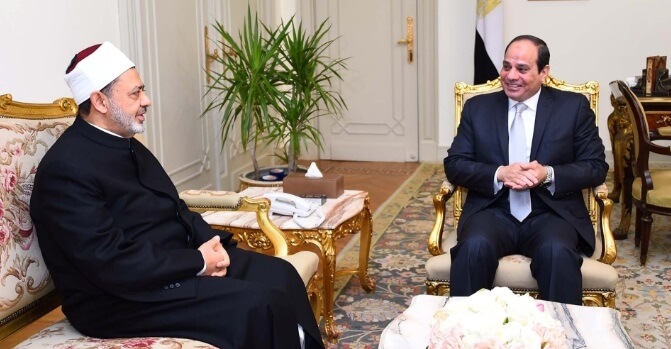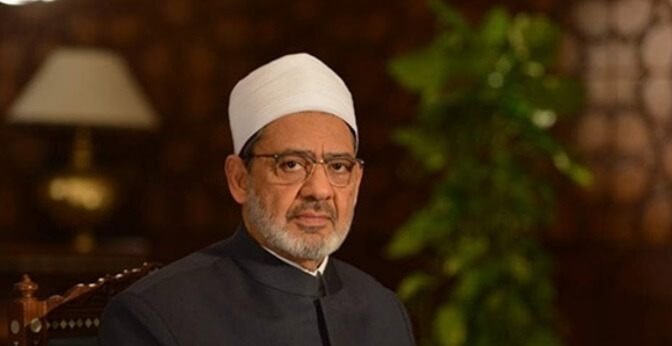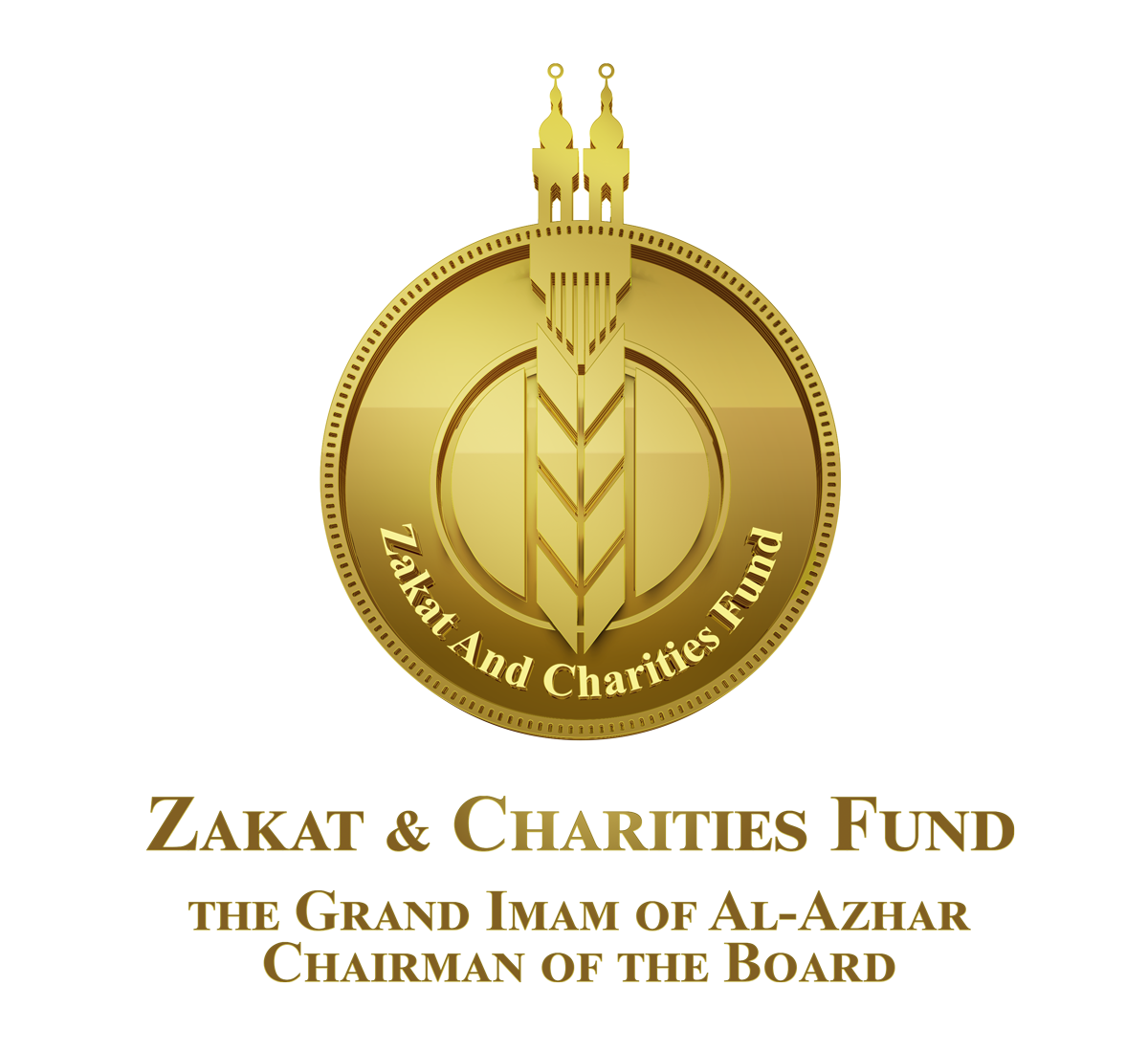Biography

Law No. 123 of 2014 was issued to establish the Egyptian House of Zakat and Charity (EZCH) on Dhu al-Qi'dah 14, 1435 AH (September 9, 2014 AC). The EZCH was founded as having a legal personality with full financial and administrative independence and under the oversight of the Grand Imam of Al-Azhar.
The said law specifies the EZCH objectives, particularly the disbursement of Zakat funds in accordance with the Shariah-prescribed channels. It aims to promote a spirit of mutual solidarity and compassion among society members. The law also outlines the EZCH resources, including voluntary Zakat contributions from individuals or otherwise, as well as donations, endowments, grants, and subsidies received by the EZCH and accepted by its Board of Trustees.

There is a very broad base of the masses that is suffering from poverty, misery, and deprivation. I often used to think that "if Zakat were to be duly collected within a legal framework," it, along with charities, would have alleviated the pains, sorrows, and hardships of these poor masses.
HE the Grand Imam, ProfessorGoals

- Disbursing Zakat funds in accordance with its prescribed channels in Islamic law, as well as developing and duly expending alms, donations, endowments, aid and charitable grants on charitable works.
- Raising awareness about the obligation of Zakat and its role in community development.
- Promoting a spirit of solidarity and compassion among society members.

-
EZCH funding sources include:
- Voluntary Zakat contributions from individuals or others.
- Alms (charitable donations), grants, bequests, and financial aid received by EZCH and accepted by its Board of Trustees.
- Fees for services provided by the EZCH to others.
- EZCH ROIs in activities that are not contrary to its objectives.
- Any other resources accepted by the Board of Trustees.
Board of Trustees
Board of Trustees
- Professor Ahmad At-Tayyeb, Grand Imam of Al-Azhar Ash-Sharif
- Eng. Ibrahim Mahlab, former Prime Minister
- Dr. Ismail Abdel Ghaffar, President of the Arab Academy for Science, Technology and Maritime Transport
- Dr. Sahar Nasr, former Minister of Investment and International Cooperation
- Dr. Shereen El Shawarby, Professor of Economics and Political Science, Cairo University
- Engineer Atef Ahmed Helmy, former Minister of Communications and Information Technology
- Consultant Abdel Wahhab Abdel Razek Hassan, former President of the Constitutional Court
- Dr. Farouk Abdel Baky El Okda, former Governor of Central Bank of Egypt
- Dr. Mohamed Ahmed Aly Soltan, former Governor of Alexandria
- Mr. Mohamed Hajji El Khouri, Director-General of Khalifa Bin Zayed Al-Nahyan Foundation
- Dr. Mostafa Omran, Head of the Financial Supervisory Authority
- Dr. Mostafa Al-Sayed, Secretary General of the Royal Humanitarian Foundation, Kingdom of Bahrain
- Mr. Nasr Farid Wassel, former Grand Mufti of Egypt and member of the Council of Senior Scholars
- Mr. Hisham Okasha, Chairman of the National Bank of Egypt
- Kuwaiti Minister of Endowments in his capacity
Terms of reference of the Board of Trustees
The EZCH management is entrusted to a Board of Trustees comprising public figures who are expert in Islamic sciences, economic, financial, legal matters and technical issues , business administration, and other relevant areas. The Board shall enjoy a special authority and responsibilities in overseeing the EZCH operations.- Acceptance of Zakat funds, charities, donations, endowments, and aid.
- EZCH expenditure approvals in accordance with the prescribed Islamic channels.
- Developing EZCH general policy.
- Approval of EZCH activities plans and programs.
- Setting EZCH action priorities.
- Identifying avenues for developing EZCH resources.
- Coordinating and collaborating with relevant entities, authorities, associations, civil society organizations, and other related entities involved in the EZCH activities.
- Proposing bills for new laws related to EZCH work.
- Approving EZCH annual budget and final accounts.
- Approving EZCH organizational structure and internal regulations.
- Selecting the Secretary-General, determining their term and salary range.
- Selecting a specialized firm to audit EZCH accounts.
- Issuing the necessary decisions to implement the provisions of this law.



